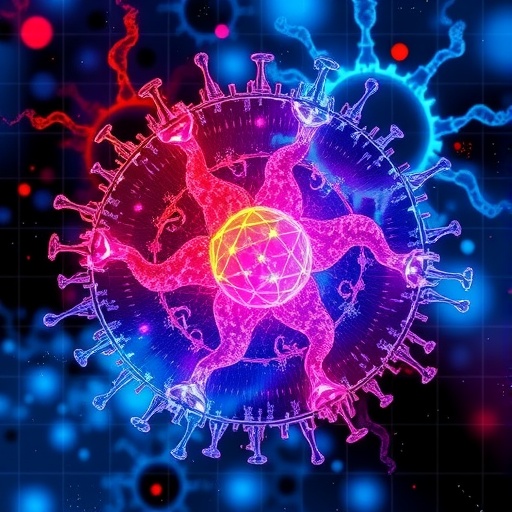
Credit: University of British Columbia
Most lesbian and bisexual girls don't know they can get sexually transmitted infections (STIs) from other girls, because sex education is mostly designed for their straight peers. This knowledge gap could be placing them at increased risk for getting STIs.
That's one of the conclusions of a new study led by researchers at the Centre for Innovative Public Health Research, a non-profit research group based in California, conducted in collaboration with researchers at the University of British Columbia and the City University of New York.
Previous UBC studies show that lesbian and bisexual girls face higher risks for teenage pregnancy than straight girls, says study co-author and UBC youth health researcher Jennifer Wolowic. In this new study, the researchers wanted to examine what lesbian and bisexual girls know about safe sex and their STI risks, especially when having sex with other girls.
"What surprised us was their overall lack of knowledge when it came to safe sex practices with female partners," said Wolowic. "When we asked why, many told us they didn't find their sex ed programs-if they even had one-to be very informative. And even when they asked questions, the focus on heterosexual sex made them feel uncomfortable."
The researchers conducted online focus groups with 160 lesbian and bisexual teenage girls located across the U.S. They found that a lack of knowledge and concerns about loss of pleasure were two of the main reasons for their limited use of dental dams and other barriers.
"Participants told us, they 'literally had never heard of dental dams,' or thought STIs weren't a concern when having sex with girls. Of those who knew about protective barriers, many said using protection made sex awkward or less pleasurable, and so they left them out during sex," said Wolowic.
Many teens thought that getting tested for sexually transmitted infections was something important to do in relationships. At the same time, they thought they could trust a female partner to be "clean" to a greater extent than a male partner.
"Add to that a lack of information about where to get dental dams or how to make them, and it's easy to understand why barrier use is so low among lesbian and bisexual girls," says Michele Ybarra, the study's principal investigator. "They need to know that there are sexy ways to use barriers, that they can make dental dams out of condoms if needed, and that they can get STIs having sex with other girls."
This study also highlights the need for more inclusive sex ed, adds UBC nursing professor Elizabeth Saewyc, the paper's senior author who leads the Stigma and Resilience Among Vulnerable Youth Centre at UBC.
"Young people need accurate sexual health information, but sex education has traditionally focused on heterosexual sex," said Saewyc. "Our findings suggest we need to create more inclusive curriculum to help lesbian and bisexual girls have the knowledge they need to make healthy sexual decisions."
###
The study, published recently in the Journal of Adolescent Health, was funded by the Office of Adolescent Health in the U.S. Department of Health and Human Services. Contact [email protected] to obtain a copy or to schedule interviews with the authors.
Media Contact
Lou Corpuz-Bosshart
[email protected]
604-999-0473
@UBCnews
http://www.ubc.ca
Original Source
https://news.ubc.ca/2018/01/10/sex-education-doesnt-reflect-real-life-realities-of-lesbian-and-bisexual-girls/ http://dx.doi.org/10.1016/j.jadohealth.2017.10.005





